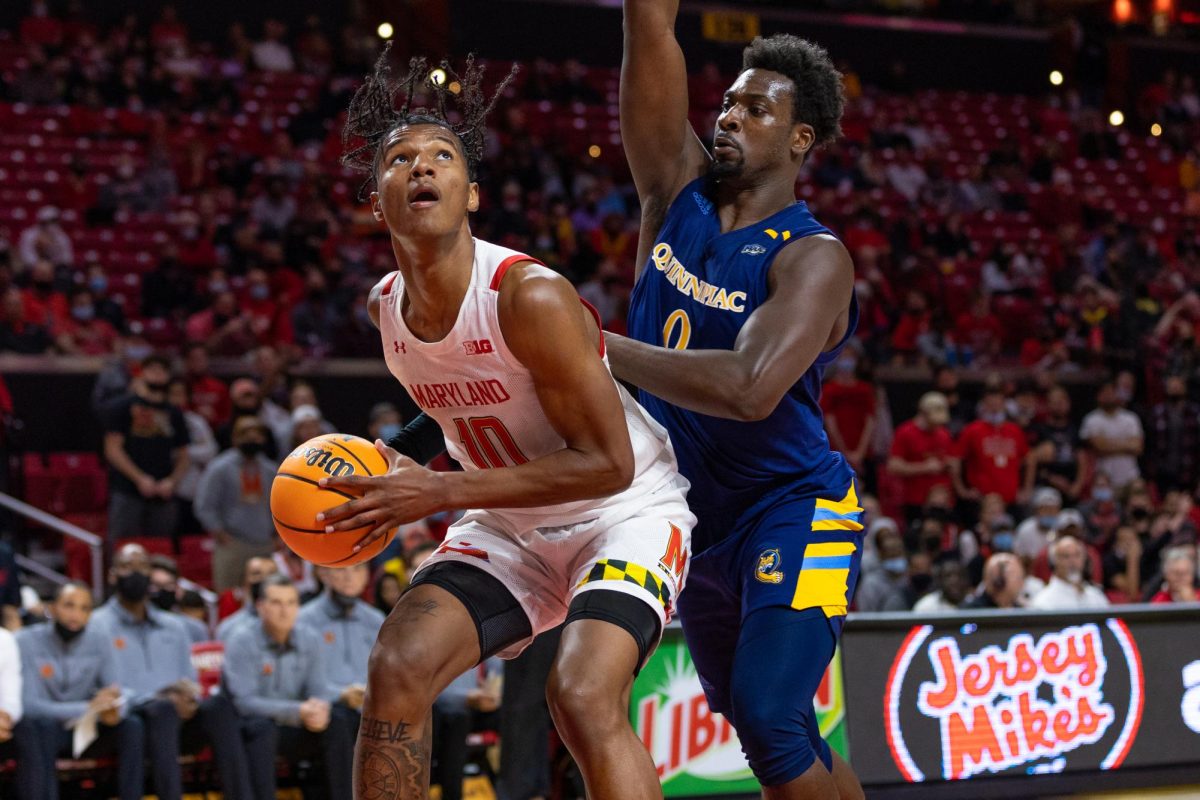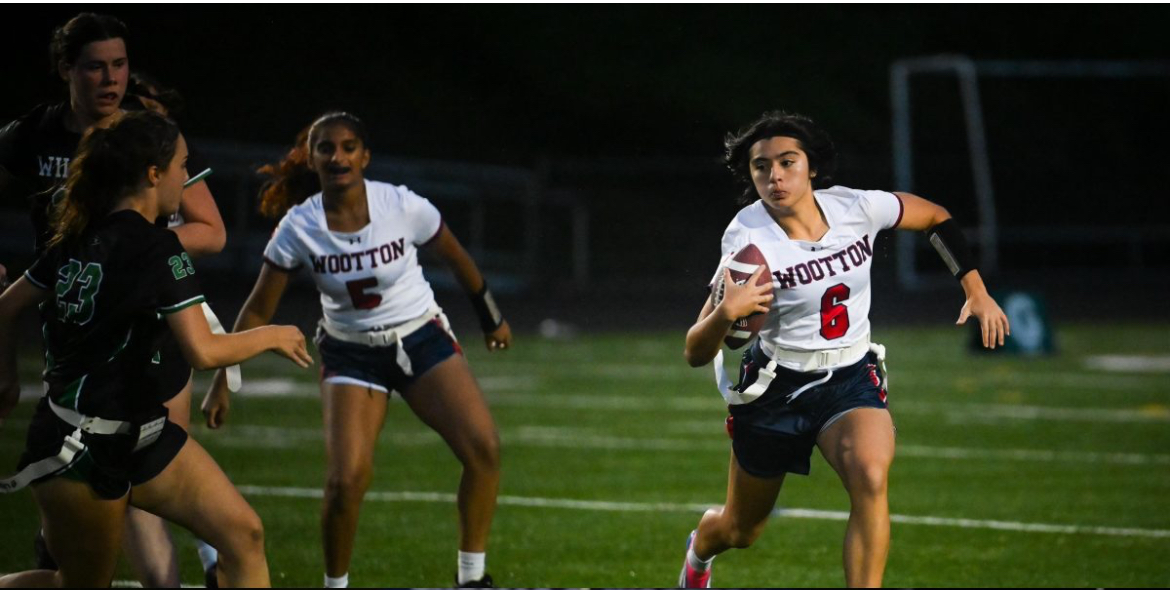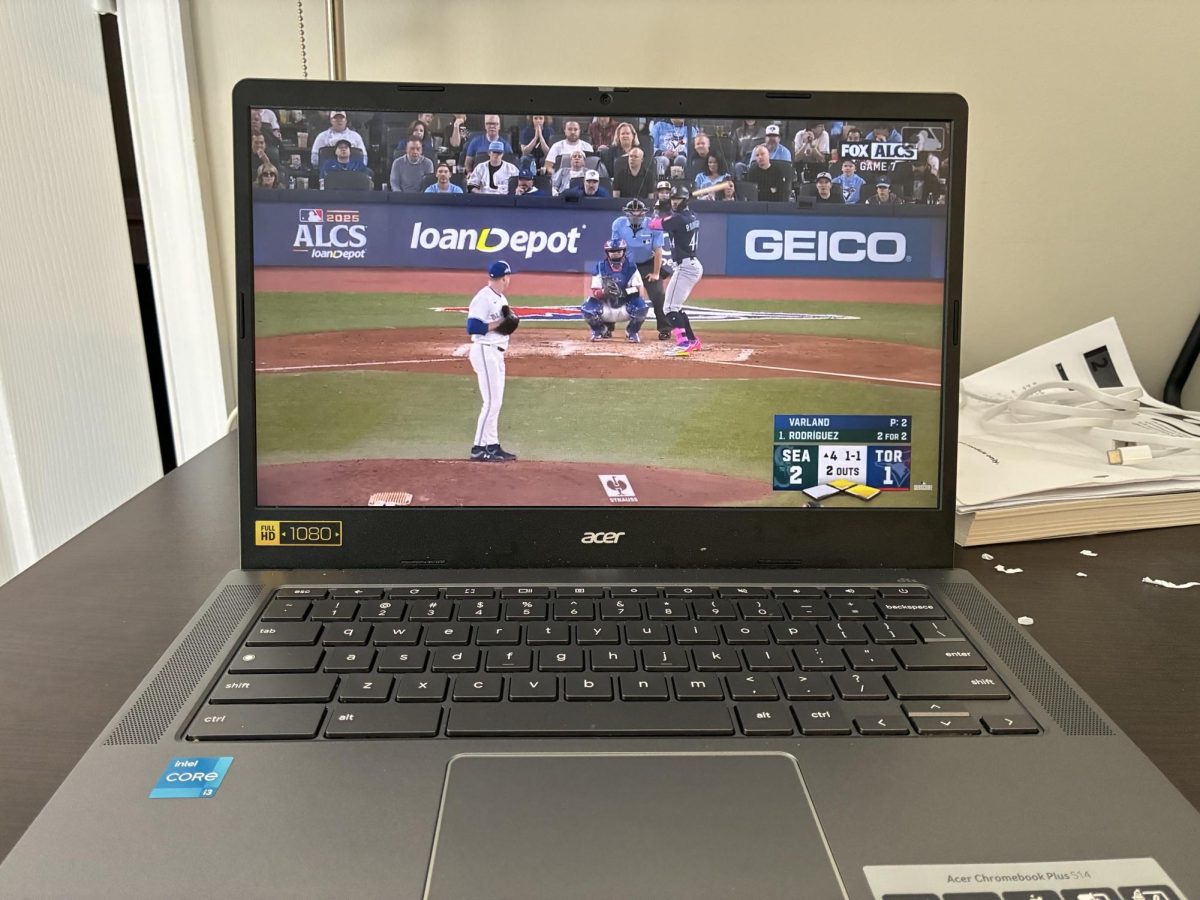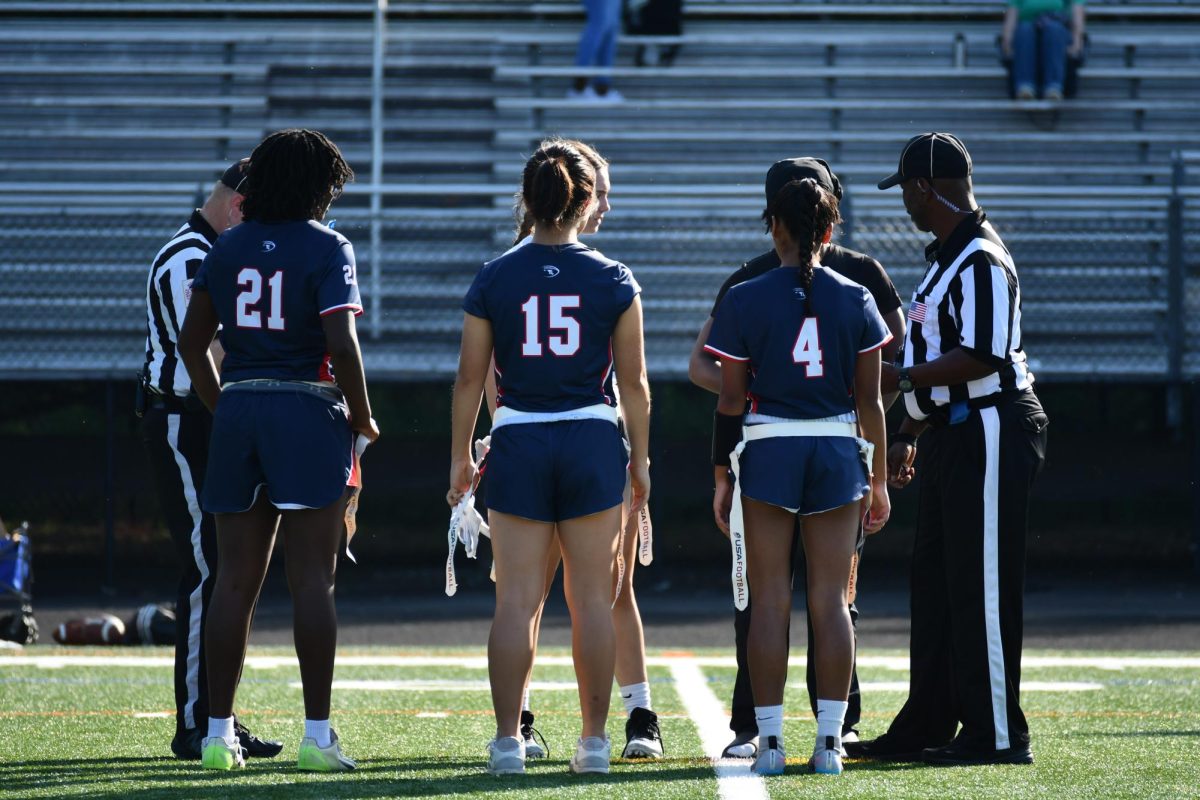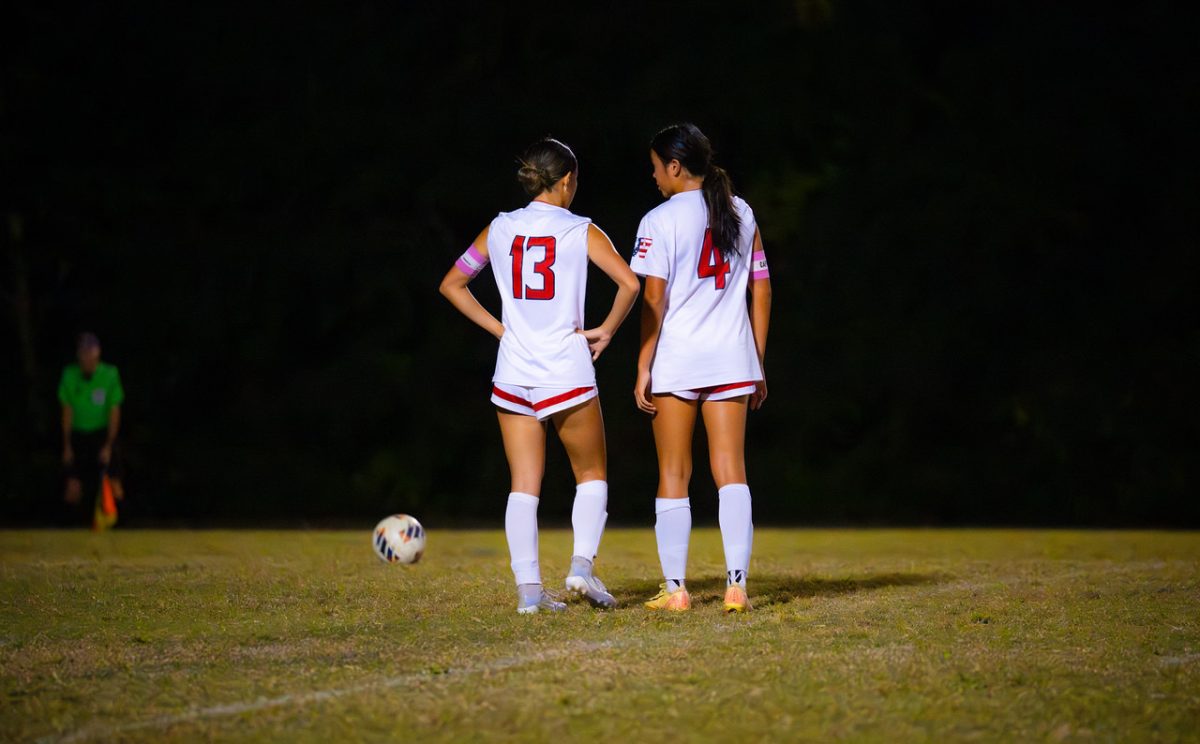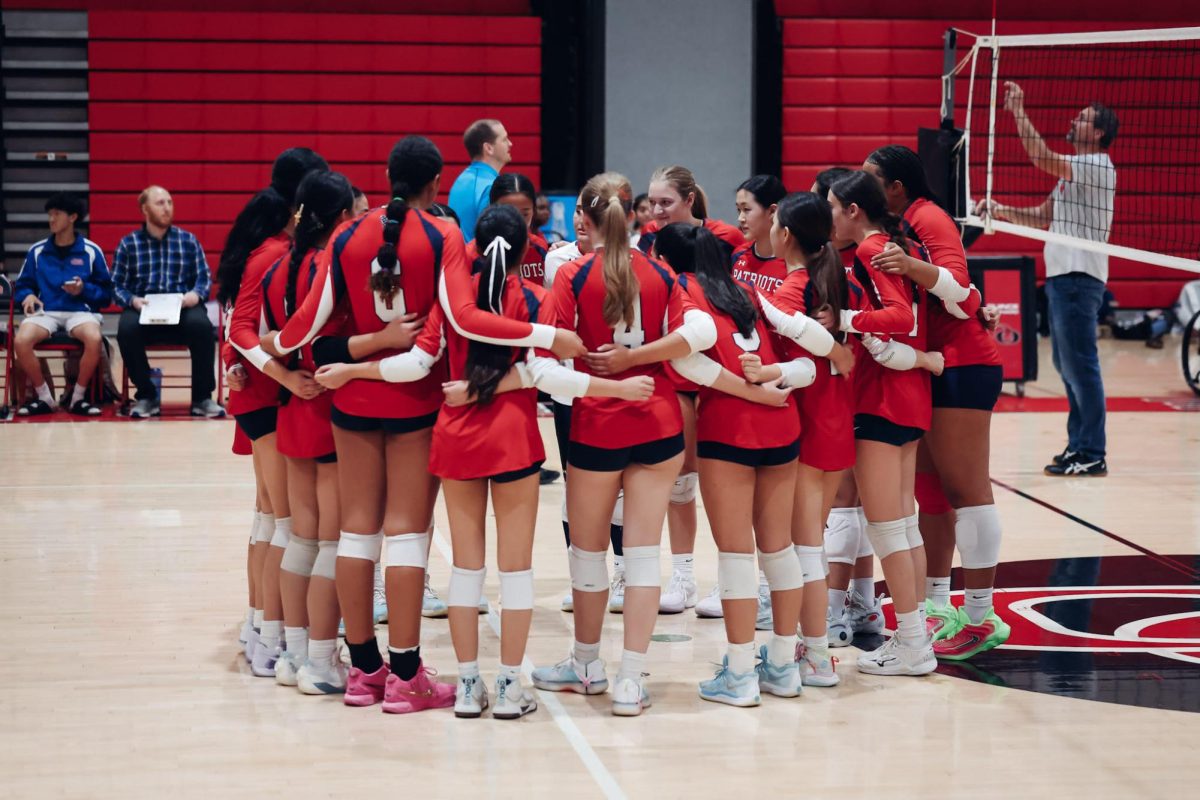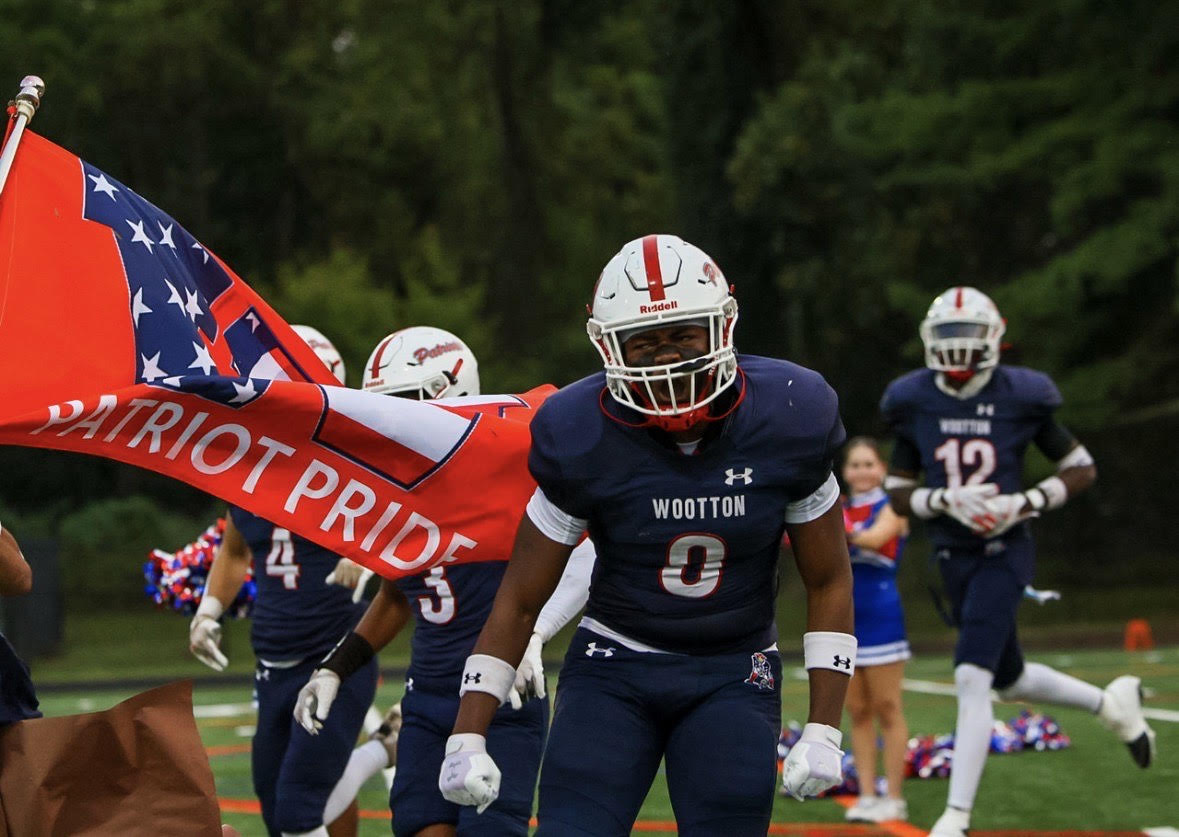The transfer portal is the new norm in college sports. What used to be about loyalty, development and brotherhood has turned into a fast-paced, money-hungry, free-for-all. Student athletes have bounced around between schools like it is free agency in the NFL.
Right here at the University of Maryland, the “Crab 5” is a group of homegrown players who were supposed to stick together and bring Maryland back to relevancy, but they have all left the team. Why did they leave? The money. They have received massive amounts of NIL and nobody is turning down that money. NIL is players receiving money for their name, image and likeness, which has just recently been implemented in college athletics. “I think the team will get severely worse and struggle next year because r all the starters have left,” junior Bryson Filbert said.
College athletes have to ask themselves – Why stay loyal when someone else is offering more money and playing time?
This is not only happening in basketball. College football has gone full-on NFL mode. For instance, former Tennessee quarterback Nico Lamaleava and former UCLA quarterback Joey Aguliar swapped places. A trade in college football: no one ever would have predicted that. This is somewhat comparable to when the Lions and Rams struck a deal with quarterbacks Jared Goff and Matthew Stafford, but this is college football, where “student athletes,” used to be the priority.
According to ESPN, nearly every quarterback drafted in this year’s NFL draft had previously transferred at least once, including the number one overall pick Cam Ward. He went from Incarnate Word to Washington State and finally to the Miami Hurricanes. The only notable quarterback not to transfer is Seahawks draft choice Jalen Milroe. It is the new standard: If you’re not transferring, you’re falling behind.
Even in high school, recruits now view their first commitment like a test run. One player might initially commit to Virginia, then flip to Penn State, just to transfer after their first year to Florida, then receive a NIL deal from Georgia to play there. This is the new age of college sports. Junior Jonas Klein said.
“I don’t really agree with how much players are transferring. I feel there should be a limit. I don’t agree with NIL; it is also ruining college football.”
The portal is giving student athletes the power they have deserved for decades. They’re finally getting paid and making business deals, just like pro players and college coaches have always been able to do.
The old days of sitting behind someone for three years and building a team for four years are over. College sports are in a win-now mode with “free agents,” bidding wars and even the rare “trade” like UCLA and Tennessee made. It is like the pros not on teams on Instagram posting “re-signed” after players decide not to transfer to a different program.
Whether you like it or not, NIL and the transfer portal are not vanishing, and in the new age of college sports, the smartest players are going for money, not championships.


